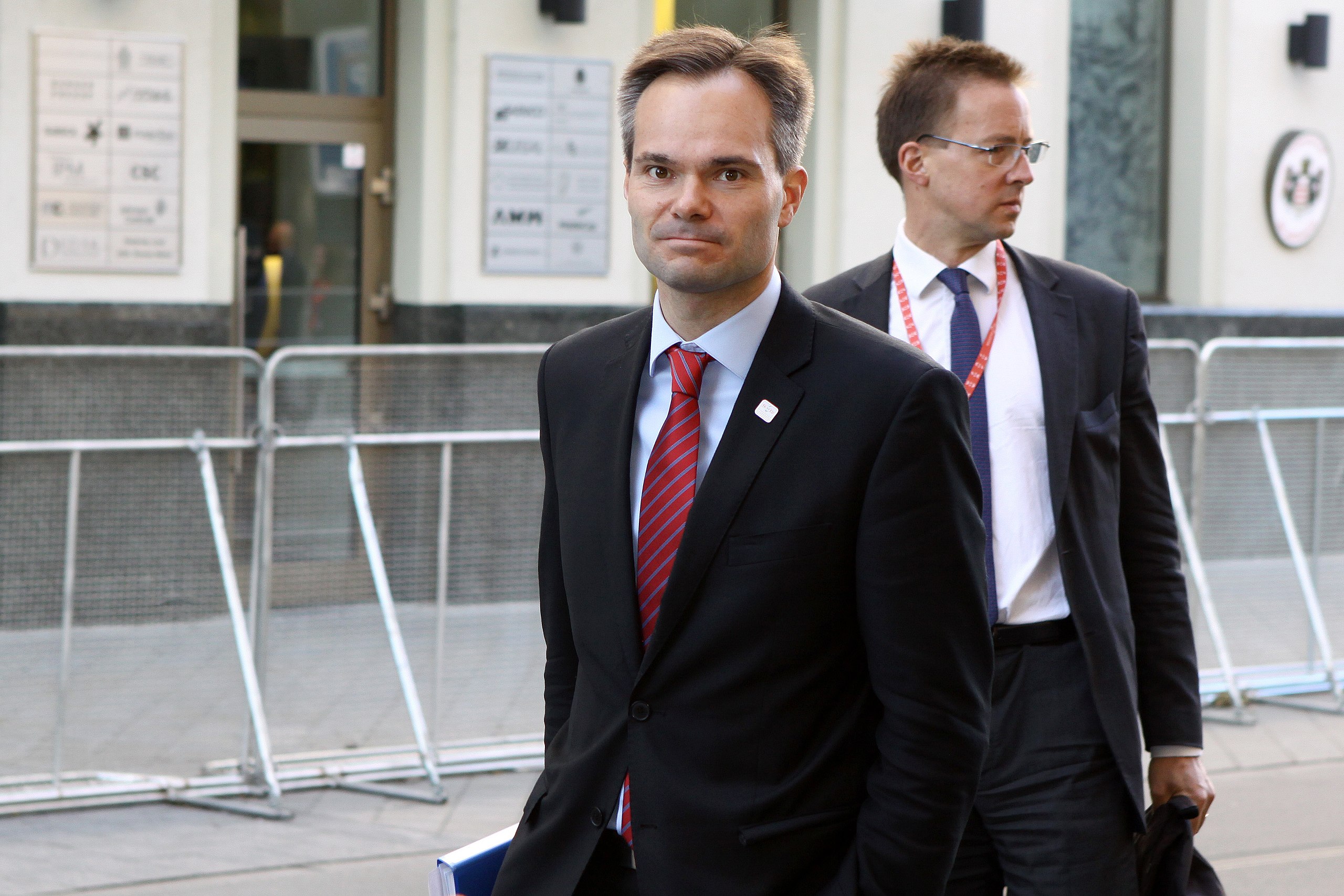Experts from the Finnish government’s leading health agency have called for the decriminalisation of all drug use, igniting a debate that has drawn in top politicians and police authorities.
The call was made by two senior members of Finland’s National Institute for Health and Welfare (Terveyden ja hyvinvoinnin laitos – THL), which operates under the Ministry of Social Affairs and Health. On February 13, Professor Pekka Hakkarainen – the head of THL’s Alcohol, Drugs, and Addictions Unit, and Tuukka Tammi – a senior researcher at the institute, wrote an article calling for all drug use to be decriminalised across the country. The experts said that ending criminal sanctions for drug use would reduce the marginalisation of young people, and encourage people who use drugs to engage with health and social services.
“There should be an extensive public debate about the necessity of punishment for drug use […] Criminal sanctions work poorly in the prevention of drug use and related harms, [and are] also ill-suited to the values of today's society, and to public health thinking,” they argue in the article. “In a situation where a drug user does not have to fear punishment or criminal imprisonment, it is much easier to offer [support]. Also, the discussion of drug use in various services – such as healthcare – would become more natural for both parties if drug use were no longer labelled as criminal behaviour”.
The decriminalisation of all drug use has become increasingly embraced by prominent international institutions in recent years, including the UN and the World Health Organisation, and has been implemented in Portugal and the Czech Republic. Norway’s Parliament voted to do the same in December, although the state has yet to devise legislation that would enact the change.
Police in Finland record around 15,000 drug use offences every year, according to THL, and these figures are on the rise; in 2017, the total number of recorded drug offences rose for the fourth consecutive year. While incarceration for minor drug offences is unusual, Hakkarainen and Tammi warn that simply being caught using drugs can have profoundly negative effects on a person’s life – even if they are not criminally prosecuted. Someone found using drugs will have their name entered into a police database – where it can be stored for up to ten years, with the possibility of the offence being discovered by future employers in the case of a background check.
THL researcher Tuukka Tammi told TalkingDrugs that the proposal for decriminalisation – which THL’s Director General Juhani Eskola deemed to be “brave but well-grounded” – came as a surprise to many people in Finland because the institute is traditionally known as having a restrictive approach to alcohol and tobacco control. This unanticipated declaration of support for a radical policy shift from a highly respected national body led to a surge in public debate, with considerable input from a range of nationally prominent individuals.

Interior Minister Kai Mykkänen said police should focus on reducing drug supply and "more serious crime" (Source: Wikimedia)
Interior Minister Kai Mykkänen described drug use and possession as "a difficult and complicated issue" and said that while he would not endorse decriminalisation, he believed that the police should "prioritise the use of limited resources to reduce drug supply and to combat more serious crime".
Li Andersson, chair of the Left Alliance party which holds 12 seats in the Finnish Parliament, praised the proposal. "Social and healthcare [interventions] can be far more effective than punishment," she said, "There is no evidence that decriminalisation would lead to increased use, on the contrary, it seems that the harms can be reduced without increasing use”.
The proposal also faced considerable opposition. Justice Minister Antti Häkkänen refused to endorse it, stating that he is "serious about dealing with narcotics" and that "there is no need to [decriminalise] the use of drugs in any way".
Tom Packalén, who is a former police commissioner and an MP from the right-wing Finns Party, firmly opposed the reform. “Decriminalisation will lead to increased use and availability. Of course, we can talk about what we want, but it is a fact that this will happen,” he claimed.
While Packalén’s predictions of what decriminalisation would lead to in Finland are purely speculative, data from Portugal – which decriminalised the use of all drugs in 2001 – suggests his theory is incorrect. According to a report by UK non-profit Transform, rates of past-year and past-month drug use among the Portuguese population actually decreased following decriminalisation. The country also saw a massive decrease in the overdose rate and the number of people acquiring HIV from drug use. Portugal now has one of the lowest rates of drug-related deaths in the EU – 5.8 per one million people. Meanwhile, Finland has one of the EU's highest rates – 43 per one million people – almost eight times higher than that of Portugal.
Despite evidence in favour of decriminalisation’s benefits, Elina Kotovirta – a spokesperson for the Ministry of Social Affairs and Health – responded to THL's proposal by declaring there would be no change in criminal sanctions for drug use under the current government. While Finnish drug laws may not change anytime soon, THL’s proposal has ignited a debate that seems set to continue.


